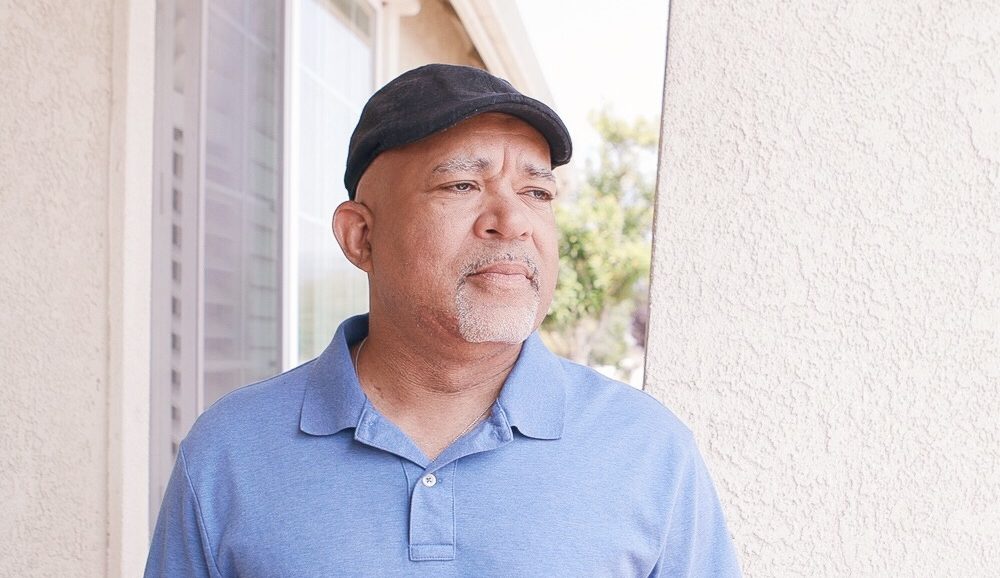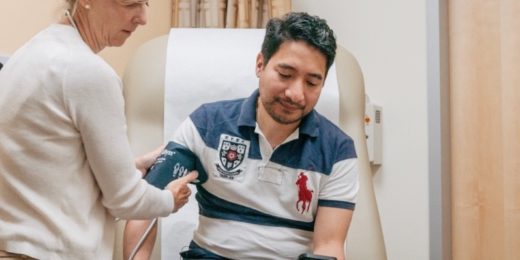Michael Cotton remembered the first time he saw his father after receiving his donated kidney in February 2010.
"They actually wheeled my dad from his room down to my room to see me, and man, that brought tears to my eyes," Cotton said.
He had been born with a congenital disease, and surgeons removed one kidney and a portion of the other when he was a small child. But by 2009, Cotton needed dialysis. The next year, he underwent a transplant, receiving the organ donated by his father.
In the fifth video of the Humanwide series, Cotton described the liberation of leaving his nightly dialysis sessions behind:
When you're on dialysis or something like that and your future is so bleak-looking, and then all of a sudden you're free from it ... there's so much joy and satisfaction in the freedom from being inhibited.
Cotton enrolled in Stanford Medicine's Humanwide project to preserve that freedom. In the yearlong pilot, primary care teams used data from at-home digital devices, genetic screenings and wellness assessments to create detailed portraits of individual patients' health. They then applied that information to better address current health conditions and avert future disease.
For Cotton, it was a matter of avoiding unpleasant surprises. He tried hard to control his blood pressure and to remember to take his anti-rejection medications, so his new kidney would continue to function well. All the same, he still worried that something would go wrong.
That's what happened to his father. As Cotton explained to Megan Mahoney, MD, in the video:
They tested us for every possible known thing, and he was in great health. It was just hard to come to the realization, four years later, he's diagnosed with stage 3 or stage 4 esophageal cancer. It was less than a year after he was diagnosed that he passed away.
Mahoney nodded. She'd heard these stories from her patients before, and she understood. Luckily, her news for Cotton was good: no potential problems were flagged in his genetic screening or in the pharmacogenomic test that analyzed how his genes would interact with different medications. Additionally, he had a blood pressure cuff at home, so the team could monitor his readings remotely and act whenever a need arose.
"Your health care team is going to be there to respond in case of a surprise," Mahoney told Cotton as they sat together in the exam room. "So, if there's a surprise, we're ready for it."
This level of care was important to Cotton. He felt that he owed it to his father to pay close attention to his health.
"My dad's done this great thing for me," Cotton said. "How can I not do everything possible to take the best care of myself?"
Photo by Luceo






